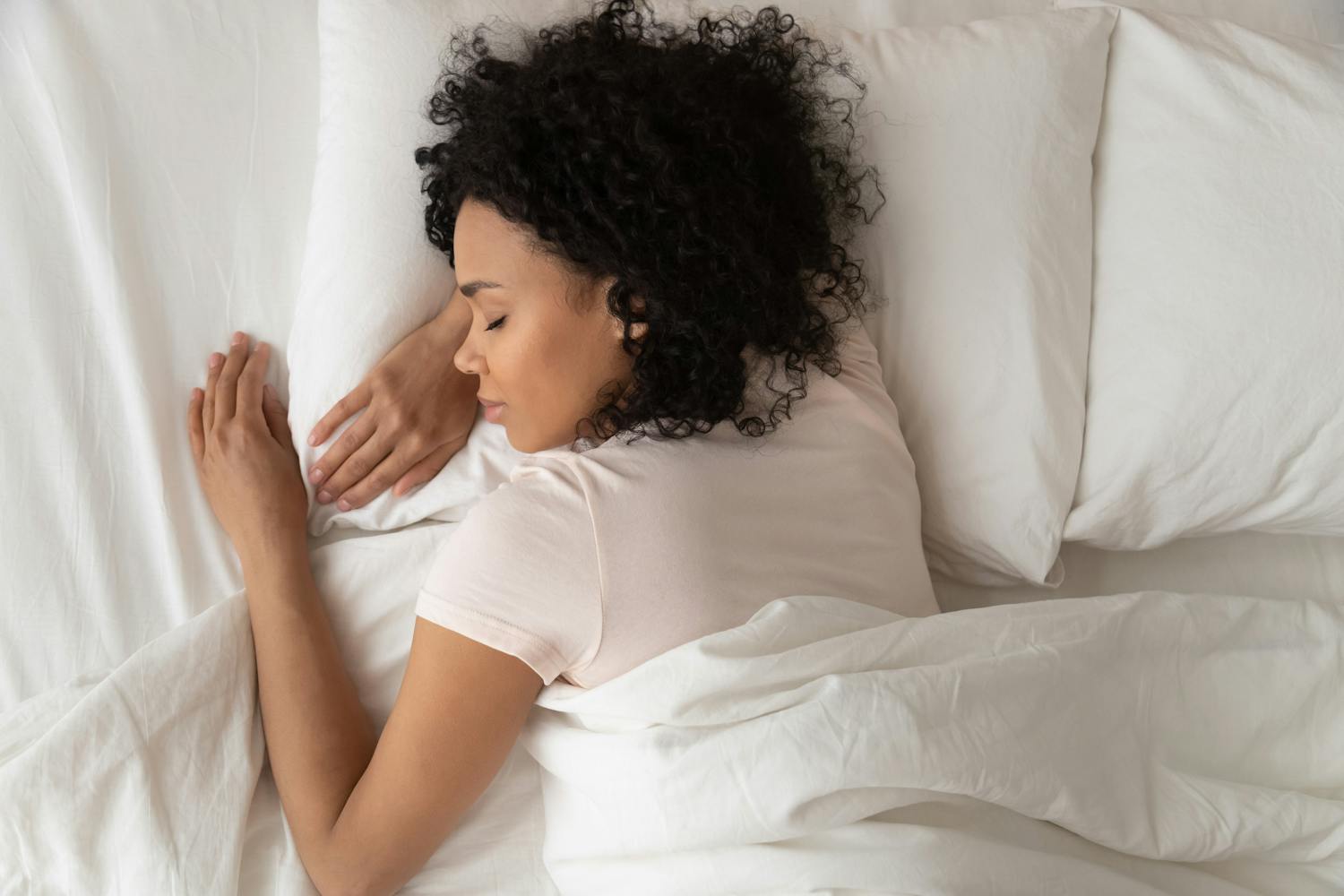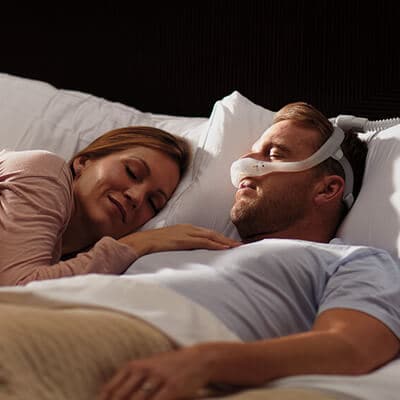Comprehensive Sleep Disorder Treatment - Find the most effective Solutions
Comprehensive Sleep Disorder Treatment - Find the most effective Solutions
Blog Article
Effective Therapy Solutions for Handling Rest Disorders and Enhancing Peaceful Sleep
In the realm of health care, the administration of sleep disorders and the mission for relaxed sleep are essential components of overall wellness. As we navigate the complex landscape of rest disorders and seek to enhance our sleep experience, a deeper understanding of these therapy options might hold the key to opening an extra relaxing and satisfying corrective journey.
Cognitive Behavior Treatment for Sleeplessness (CBT-I)
Cognitive Behavior Treatment for Insomnia (CBT-I) is an organized, evidence-based treatment approach that focuses on dealing with the underlying elements adding to rest disturbances. This sort of therapy aims to change behaviors and thoughts that exacerbate sleep problems, ultimately promoting healthy and balanced sleep patterns. CBT-I typically involves a number of vital components, consisting of cognitive treatment, sleep limitation, stimulus control, and rest hygiene education and learning.
Cognitive treatment helps individuals identify and alter unfavorable thought patterns and beliefs concerning rest that may be impeding their capacity to fall or remain asleep. Rest constraint includes restricting the quantity of time spent in bed to match the individual's real sleep duration, consequently increasing sleep effectiveness (natural insomnia remedies). Stimulation control methods help establish a solid organization in between the bed and rest by urging individuals to head to bed just when drowsy and to prevent involving in boosting activities in bed
In addition, rest hygiene education and learning concentrates on creating healthy rest routines, such as preserving a consistent rest timetable, developing a relaxing going to bed regimen, and enhancing the sleep atmosphere. By resolving these variables adequately, CBT-I offers an effective non-pharmacological intervention for managing sleep problems and boosting general rest top quality.
Rest Hygiene Practices
Having developed the foundation of cognitive restructuring and behavioral alterations in addressing insomnia via Cognitive Behavior modification for Sleeping Disorders (CBT-I), the focus currently moves towards checking out necessary Rest Hygiene Practices for maintaining optimum sleep top quality and total well-being.
Sleep health methods encompass a variety of habits and ecological elements that can substantially affect one's capacity to sleep and stay asleep throughout the evening. Regular rest and wake times, creating a relaxing bedtime routine, and enhancing the rest atmosphere by maintaining it dark, quiet, and cool are important elements of great sleep hygiene. Restricting direct exposure to displays before going to bed, staying clear of energizers like high levels of caffeine near going to bed, and involving in normal exercise throughout the day can likewise advertise much better rest top quality.
Furthermore, practicing leisure methods such as deep breathing exercises or reflection prior to bed can aid calm the mind and prepare the body for rest. By incorporating these rest health practices into one's day-to-day routine, people can establish a healthy rest pattern that sustains relaxed sleep and total well-being.
Leisure Techniques and Mindfulness
Executing relaxation strategies and mindfulness techniques can play an essential duty in fostering a feeling of tranquility and advertising quality rest. Additionally, guided images can help deliver individuals to a serene area in their minds, helping in stress and anxiety reduction and enhancing sleep quality.
Mindfulness practices, such as reflection and yoga, are the original source additionally efficient in promoting leisure and boosting rest. Mindfulness motivates individuals to stay existing in the minute, letting go of bother with the past or future. By incorporating these practices into a bedtime routine, individuals can indicate you can try these out to their bodies that it is time to prepare and unwind for sleep. In general, integrating relaxation techniques and mindfulness practices can considerably add to handling sleep problems and boosting overall rest high quality.

Medicine Options for Sleep Disorders
After exploring relaxation methods and mindfulness practices as non-pharmacological treatments for improving rest high quality, it is important to consider medication alternatives for people with rest problems. In situations where way of life adjustments and treatment do not provide adequate alleviation, medicine can be a useful tool in managing sleep disturbances.
Generally prescribed medicines for sleep disorders include benzodiazepines, non-benzodiazepine hypnotics, antidepressants, and melatonin receptor agonists. Benzodiazepines, such as diazepam, are sedatives that can help induce rest, but they are normally advised for short-term usage as a result of the danger of reliance. Non-benzodiazepine hypnotics like zolpidem are also used to deal with insomnia and have a lower risk of dependence contrasted to benzodiazepines. Antidepressants, such as trazodone, can be useful for people with co-occurring anxiety and rest disturbances. Melatonin receptor agonists, like ramelteon, target the body's all-natural sleep-wake cycle and can be useful for regulating rest patterns.
It is crucial for individuals to seek advice from a doctor to figure out the most suitable drug alternative based upon their specific rest disorder and medical background.
Light Treatment for Circadian Rhythm Regulation
Light therapy, additionally referred to as phototherapy, is a non-invasive therapy approach made use of to manage circadian rhythms and improve sleep-wake cycles. This treatment involves direct exposure to bright light that simulates all-natural sunlight, which assists to reset the body's internal clock. By subjecting people to certain wavelengths of light, commonly in the morning or evening depending on the desired effect, light treatment can properly readjust the body clock to promote wakefulness throughout the day and improve relaxed rest at night.
Research has shown that light treatment can be especially helpful for people with circadian rhythm conditions, such as postponed rest phase syndrome or jet lag. It can also be practical for those experiencing seasonal depression (SAD), a type of anxiety that typically happens during the winter season when natural light exposure is lowered. Light therapy is usually well-tolerated and can be utilized along with other therapy techniques for sleep problems to enhance outcomes and improve general sleep high quality.
Final Thought
Finally, reliable treatment options for handling sleep disorders and enhancing relaxed rest consist of Cognitive Behavioral Treatment for Sleeping Disorders (CBT-I), sleep health techniques, leisure methods and mindfulness, medicine options, and light therapy for circadian rhythm pop over to this web-site law. These techniques can help people enhance their sleep quality and total health. It is important to talk to a doctor to establish one of the most suitable technique for resolving sleep problems.
As we browse the intricate landscape of rest disorders and seek to boost our sleep experience, a much deeper understanding of these treatment remedies may hold the secret to unlocking an extra rejuvenating and satisfying restorative trip.
Sleep restriction involves limiting the amount of time invested in bed to match the person's actual sleep period, therefore raising sleep performance. Regular sleep and wake times, creating a relaxing going to bed routine, and optimizing the sleep environment by keeping it dark, silent, and cool are critical elements of excellent sleep health. Light treatment is typically well-tolerated and can be made use of in conjunction with various other treatment approaches for sleep conditions to optimize results and boost general rest quality.

Report this page